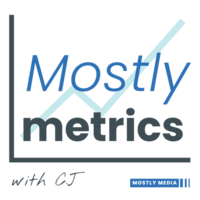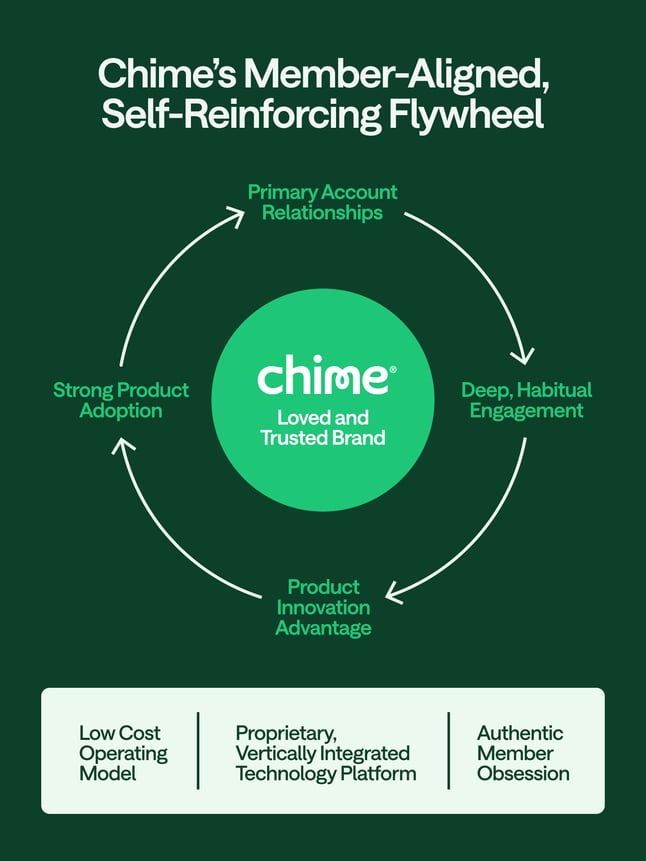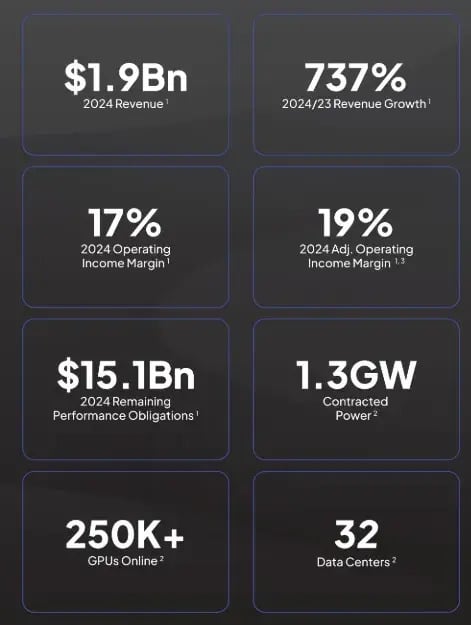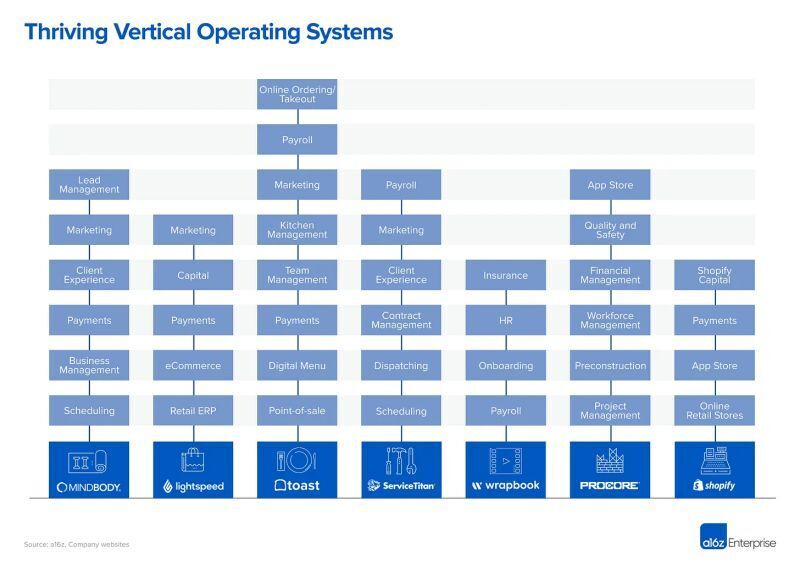
Support for today’s post comes from Rho. Get everything your finance team needs to manage spend & cash - all in one integrated platform you can bank on.
Before we go absolutely bonkers on CFO stuff, budget (lol) some time for this week’s Run the Numbers Pod with Carta’s CFO, Charly Kevers. We discuss the most important qualities of great CFOs, the CFO as “Truth Teller”, why you should treat every part of your business as a startup, and more.

I like to think the micro-manager Bill Lumbergh from Office Space was a former Big 4 Auditor, since he literally wore both a belt and suspenders. A man who just LOVES governance.
The Yellow Brick road to CFO was historically trodden by Big Four auditors, outfitted in matching belts and suspenders for the long haul. Their pilgrimage to the corner office was traditionally defined by materiality checks, risk analyses, and detailed accrual schedules. But not anymore…
There are fewer CFOs today who began their careers at the Big Four accounting firms such as Ernst & Young, KPMG, Deloitte and PricewaterhouseCoopers, for example, while the number of less-tenured or experienced CFOs who hold CPA certifications has shrunk as well.
In 2012, 55% of S&P 2000 CFOs had CPA designations, the study found. By 2022, that figure was down to 43%.
Over the last ten years, the Big 4 pipeline is drying up, as the Chief Financial Officer expands it’s purview to Chief Performance Officer. CFO’s have a lot on their plates, in addition to fiduciary responsibility, requiring an intimate understanding of how their company operates and monetizes its products and services. As a result, more and more CFOs come from FP&A and operational roles within the org, as well as from M&A and consulting roles from outside the org. In other words, the CFO is calling for a more performance based, operationally focused, diverse skillset.
My favorite analogy for getting to CFO is “collecting stamps on your CFO passport.”
I sat down to make a list of the major skills, other than accounting (which is table stakes), that a CFO in today’s day and age would want in their toolkit.
Now, I’m not saying you need to physically sit in the department or own the functional area for each of these. That’s a huge plus, but not a necessity.
What you do need is a “story” around how you contributed and what you learned.
You have to remember - as a CFO you are not expected to be a world class expert in every single finance area. But you are expected to have a more than good (“very decent") understanding of how things work, the humanity to admit what you don’t know (so you can hire amazing subject matter experts who do), and perhaps most importantly, the stomach to make decisions and pull the trigger (right, wrong, or indifferent (but, like, hopefully right)).
Stamps for you CFO passport (other than accounting)
FP&A: Own an operating plan - from the cradle to the grave
Sales Operations: Deploy quota and help sales leaders forecast the biz
Treasury: Transfer money between funds, budget for FX needs, execute trades
Strategy & Operations: Own a strategic project within the org (like going abroad)
Investor Relations: Tell “the story”, communicate w/ investors, control the flow of data
Corp Dev / M&A: Build a biz case to buy or sell something, and then help with the implementation
Systems: Source, implement, and use a new system that helps you go faster
I’ve personally done stints in each of the areas above. Let’s dig into what you’ll want to learn within each.
FP&A
I like to say that FP&A holds a privileged spot within the organization - they get to run around and ask questions of all the people who own a department. I liken it to Charlie running amok in the Chocolate Factory, except the Golden Ticket is a license to ask tons of questions. And what’s super neat is that on occasion you can pepper in a few random questions that stroke your own curiosity, and NO ONE NOTICES!
I’m guilty of doing this with the Product team all the time. 20 minutes into the monthly budget review and I’m asking them to “define aha moments embedded into our product” and other random shit that I find cool (“So, um back to your travel spend…”)
Hard Skills
Ownership of an operating plan
Budgeting revenue and COGS across multiple product lines
Segmenting customers based on employee count
Setting quota based on rep OTEs across various segments and geos
Calculating effective commission rates each period
Defining appropriate spans of control between Sales leaders and their reports
Budgeting for travel by activity and employee type
Soft Skills
Running monthly and quarterly budget to actuals reviews with department leaders
Running monthly and quarterly budget to actuals reviews with a CEO (a different presentation skillset)
Communicating quota, goals, and attainment to sales leaders (i.e., telling grown men and women their goal is ridiculously high with a straight face)
Working with your CMO to set pipeline and registration targets
Sales Operations
Sales ops are the folks who make the trains run on time. You probably report into the office of the CFO or COO. But you are still a dotted line to the CRO or VP of Sales. The most important skill you gain in this position is managing demands from two important people within the org, who sometimes have motives that are at odds. There’s an inherent conflict between the team setting the quota and the team trying to hit the quota. It’s your job to not only plan for effective quota coverage, working with both FP&A for the headcount plan and marketing ops for the pipeline coverage ratio, but to also help course correct in the moment as people leave the org or change roles.
Hard Skills:
Organizing reps by geographic coverage
Designing your own reports in Salesforce and then building a SaaS metrics dashboard
Understanding a discounting approval matrix
Soft Skills:
Running a weekly forecast call for a sales VP
Not throwing your VP of sales under the bus to the CFO when they aren’t hitting their number
Not hiding data from your CFO on behalf of your VP of sales (the old “whistling by the grave yard”)
Collaborating with FP&A to make sure there is enough quota coverage
Working with Marketing Ops to budget for pipeline coverage
Treasury
Contrary to popular belief, most CFOs do not keep cash under their mattresses. This position will vary in responsibility depending on if you do business in multiple countries (and currencies).
The number one thing I learned from Treasury is how slow big banks move. I’m talking glacier slow. I spent four months setting up a bank account in Singapore through a bank that rhymes with “Shitti Bank”. My wife was pregnant at the time and she cleared two trimesters between the time we started the initial paperwork to the day we actually had our first SGD in the account.
The number two thing I learned from being a Treasurer is it wasn’t my responsibility to necessarily make money for the company. If I could get some sort of guaranteed yield that would pay for one or two developers’ salaries each year, great. But my number one goal was to protect our cash balance and not do anything stupid with it.
The third big thing I learned was how helpful it is to visually map out how money enters and leaves the building. I’m talking every single action that could move a dollar from one account to another. I have a myriad of slides showing the banking movements required for payroll in this country vs that, our vendor payments for software vs contractors, when sweep accounts kicked in, and which accounts were in local currency.
Life hack for those who haven’t done a treasury stint yet: Get someone else to automate it for you. Builders at startups like Superfiliate and Mento are busy, well, building. They turned to Rho to help them automate their treasury and earned some extra runway – all in the same platform they use for cards, expenses, and AP. Win-win-win.
Hard Skills:
Building a rolling 13 week week cash forecast across all accounts
Learning the basic lingo: forwards, spot rates, ladders, CDs, sweep accounts
Understanding what different bank accounts are used for
Reconciling the current cash balance to the FP&A cash burn forecast
Setting up the user profiles within banking systems
Designing governance and controls for sending money out of the building
Setting up a venture debt facility (it’s a lot of work)
Setting up a local board with signatories in foreign regions (kinda sketchy, tbh)
Mapping out where accounts are domiciled
Setting up an FX trading schedule to top up local accounts
Soft Skills:
Developing long term relationships with banks and understanding what their motives are (they make the most from the operating accounts, not the treasury accounts, which I’ve accidentally insulted people with)
Using your bank accounts as a chip with different banks (not everyone can be on the S1 cover, or originate your venture facility, but you can maybe give them the operating account in Singapore)
Don’t be afraid to lean on experts (like Rho) that are innovating in the space to make all of this easier for busy finance folks.
Strategy & Operations
This is where you get your real world MBA in project management. I did two years in a group like this and got to run with some pretty cool cats, leading cross functional projects. You’ll also get to F’around with a Gant chart or two (G’ant around and find out).
Hard Skills:
Supporting functional leaders with third party data to build business cases
Owning a project that eliminates inefficiencies within the org (e.g., reduced AWS or GCP spend)
Owning a project that establishes new KPIs people rely upon (e.g., a new measurement of self service product growth, or a new definition of an active user)
Owning a project that requires extensive market research (e.g., TAM analysis for moving into a new geo or product line)
Assisting FP&A with developing a five year forecast
Working with the CEO on an All Hands presentation
Soft Skills:
Running a steer-co meeting
Updating executive sponsors on a project status (verbally as well as in written format)
Soft influence to get leaders to move things along
Investor Relations
This is where you get to work with people who wear On Running shoes with jeans (VCs), people who wear Patagonia vests (buy side bankers), and people who wear khaki pants (sell side bankers).
And you’ll quickly learn that there’s a visceral shift in dynamics between a buy side investment banker meeting and a sell side investor banker meeting. For one, in a buy side meeting you are the product, and they are trying to pitch you on work. And in a sell side meeting, you are on trial, and they are digging for information.
Please know who you are talking to.
I’ve made this mistake before. We walked into a meeting thinking that the Analyst from Bank XYZ was going to pitch us on a hypothetical IPO allocation. Instead we got hit with a barrage of questions on our product strategy and revenue durability. We quickly realized that we were unprepared for a sell side analyst car wash. I should have read the fine print on Linkedin.
Something else that got me ahead - I made it a point to build very solid relationships with people in Product and Product Marketing. IR is not just about numbers - it’s about communicating your product strategy and your competitive differentiators within the surrounding landscape. The numbers are there to support a wholistic narrative, and the products are there to support a story about revenue growth far into the future.
Hard Skills
Build a pitch deck for a fundraise
Map out your industry sell side coverage across big banks
Attend a conference with your CEO & CFO, and build out their meeting schedule
Update all your public facing materials at the end of each quarter for the latest numbers
Write an earnings call transcript (if you are public)
Soft Skills
Knowing how much data to give to different parties (this is an art)
Diplomatically telling your CEO they cannot say a certain number or make a certain forward looking statement (CEOs don’t like to be told what they can’t do)
Forging relationships with Product and Product Marketing
Subscribe to our premium content to read the rest.
Become a paying subscriber to get access to this post and other subscriber-only content.
UpgradeYour subscription unlocks:
- In-depth “how to” playbooks trusted by the most successful CFOs in the world
- Exclusive access to our private company financial benchmarks
- Support a writer sharing +30,000 hours of on-the-job insights









